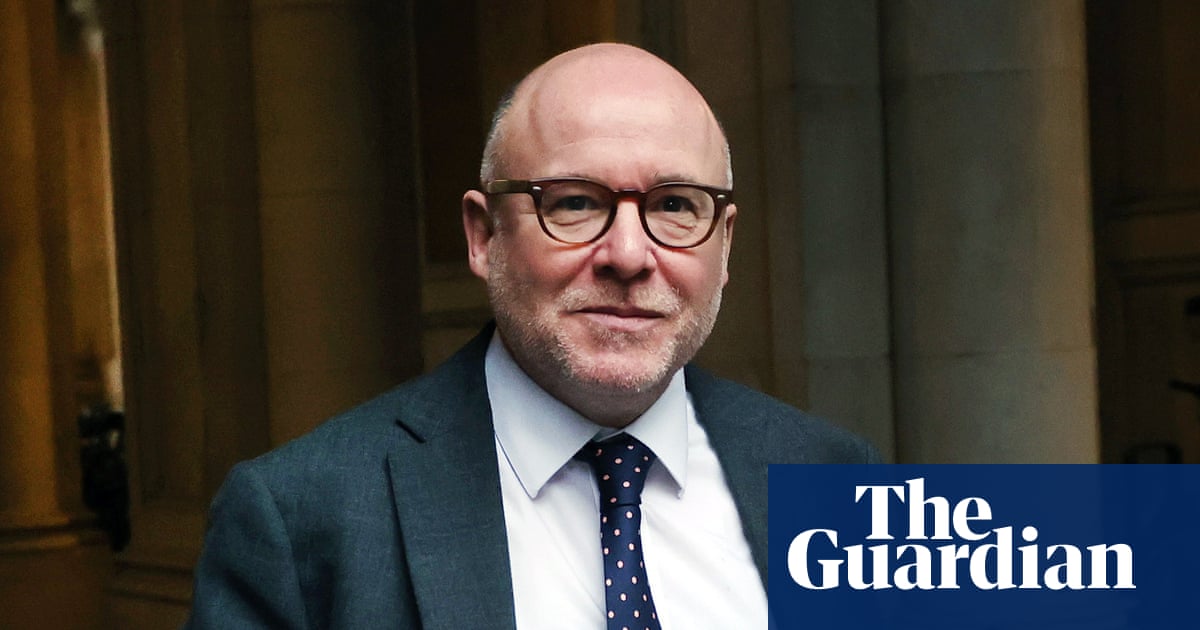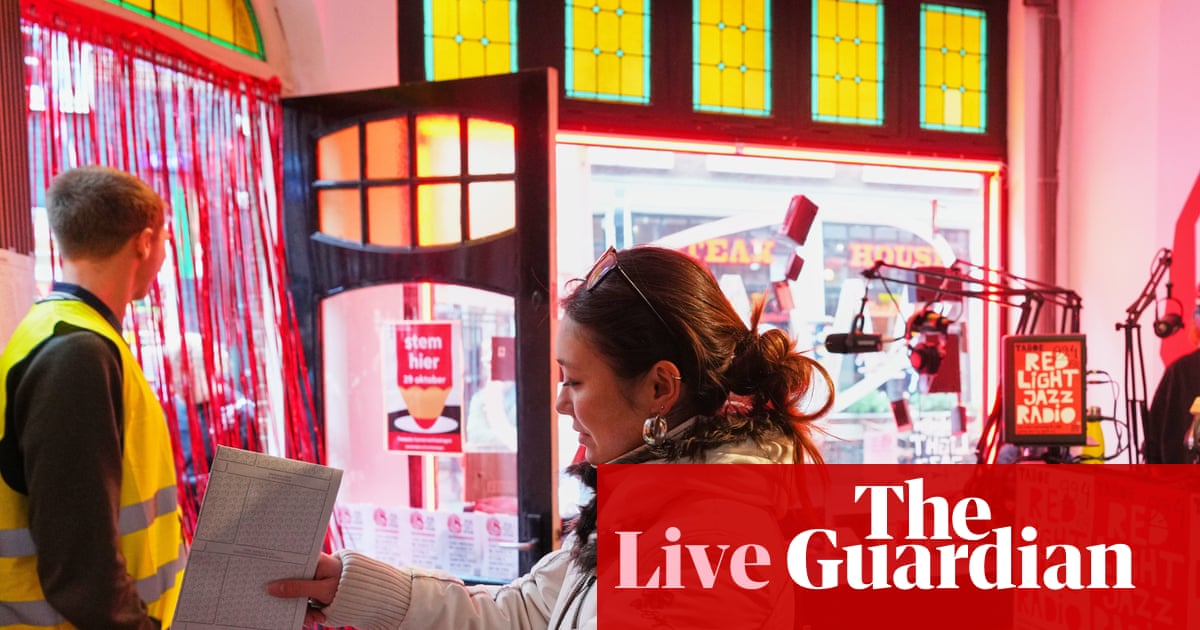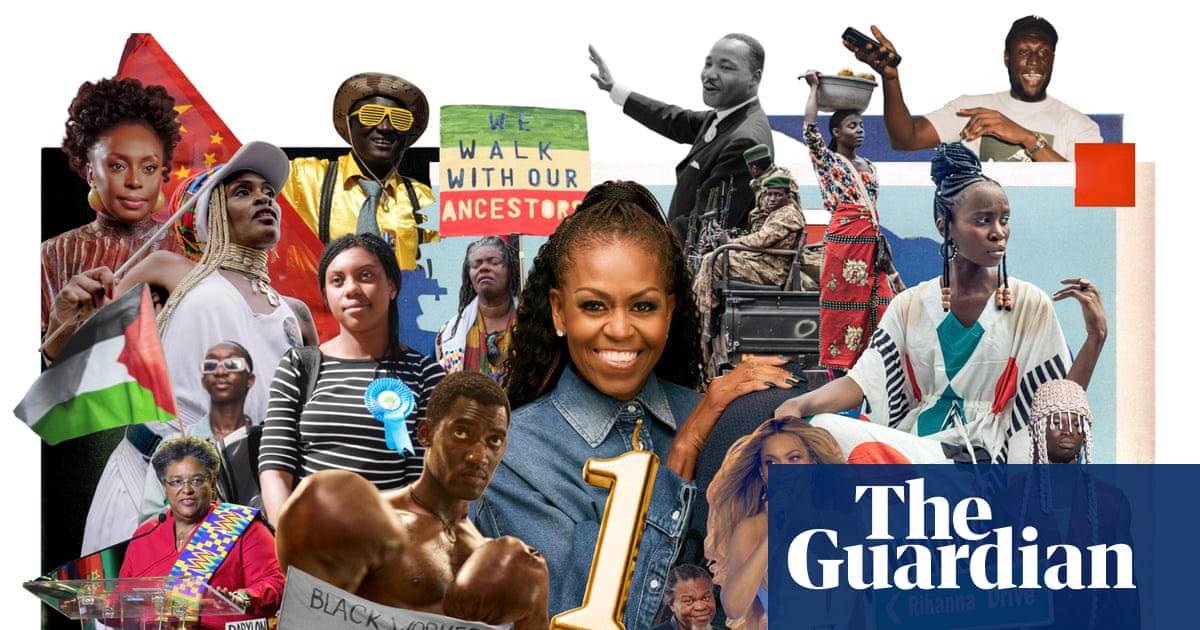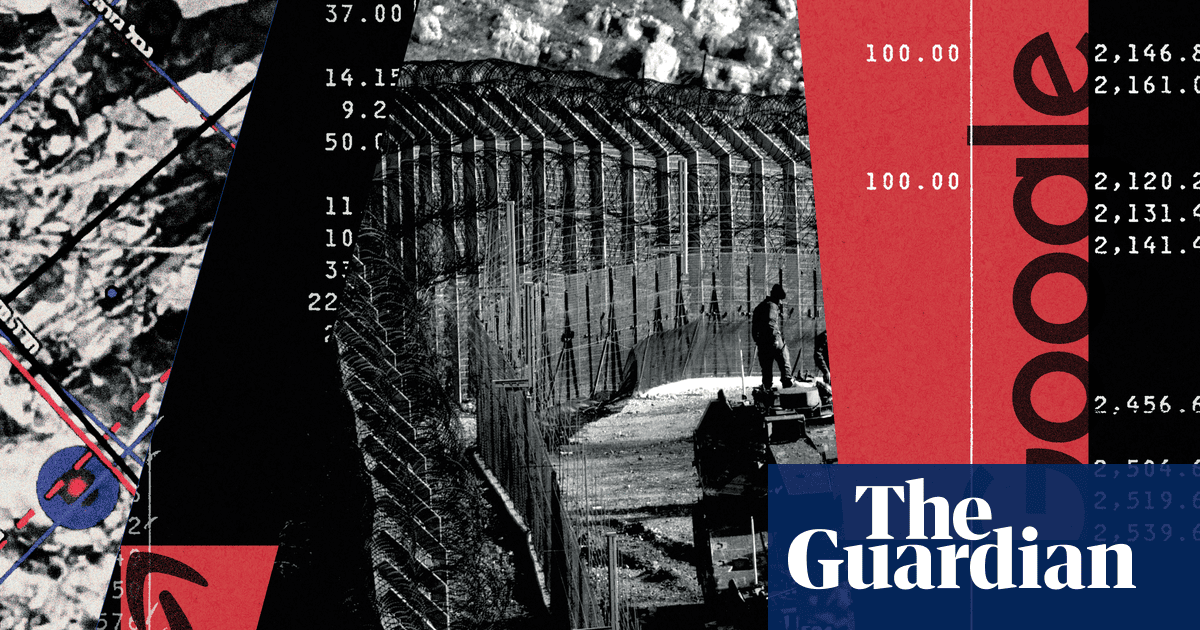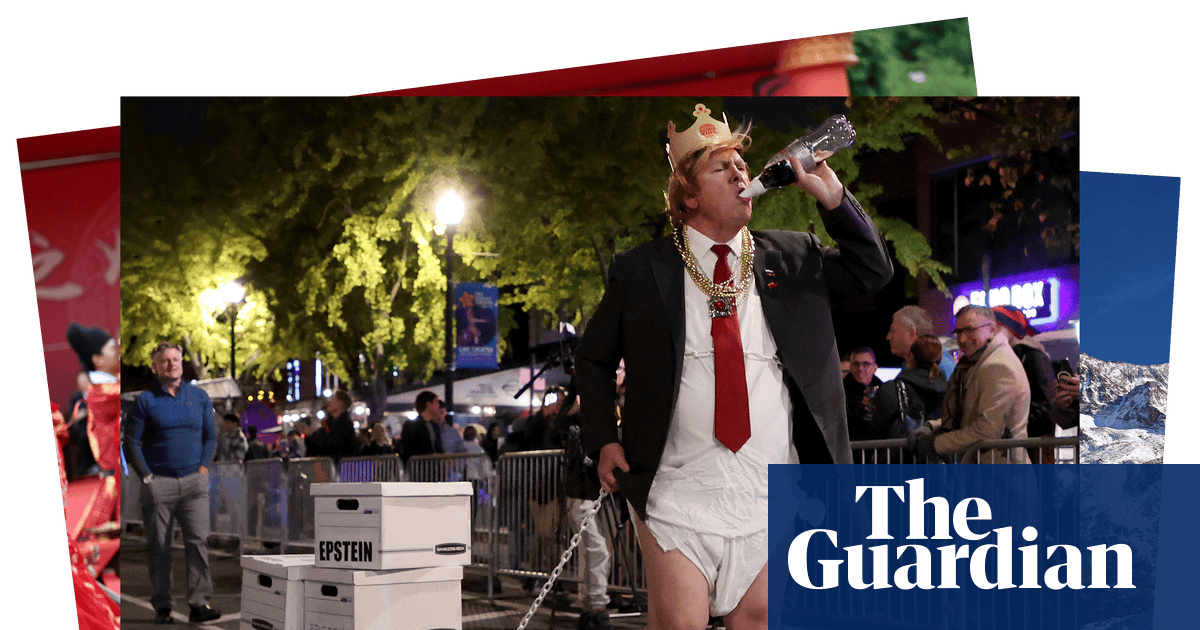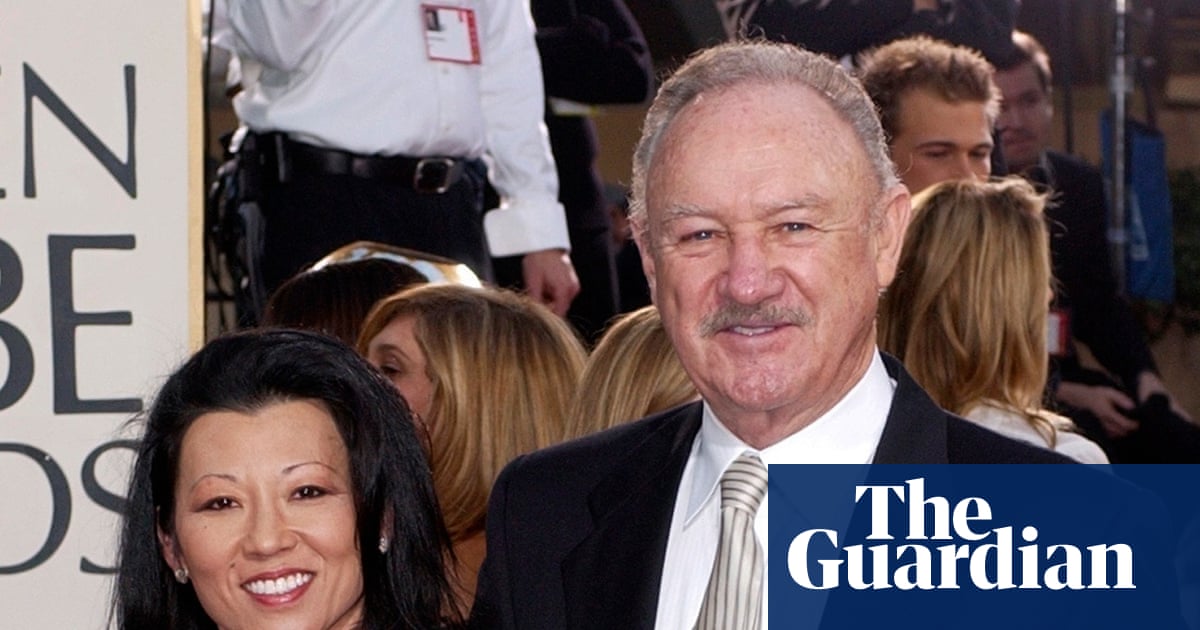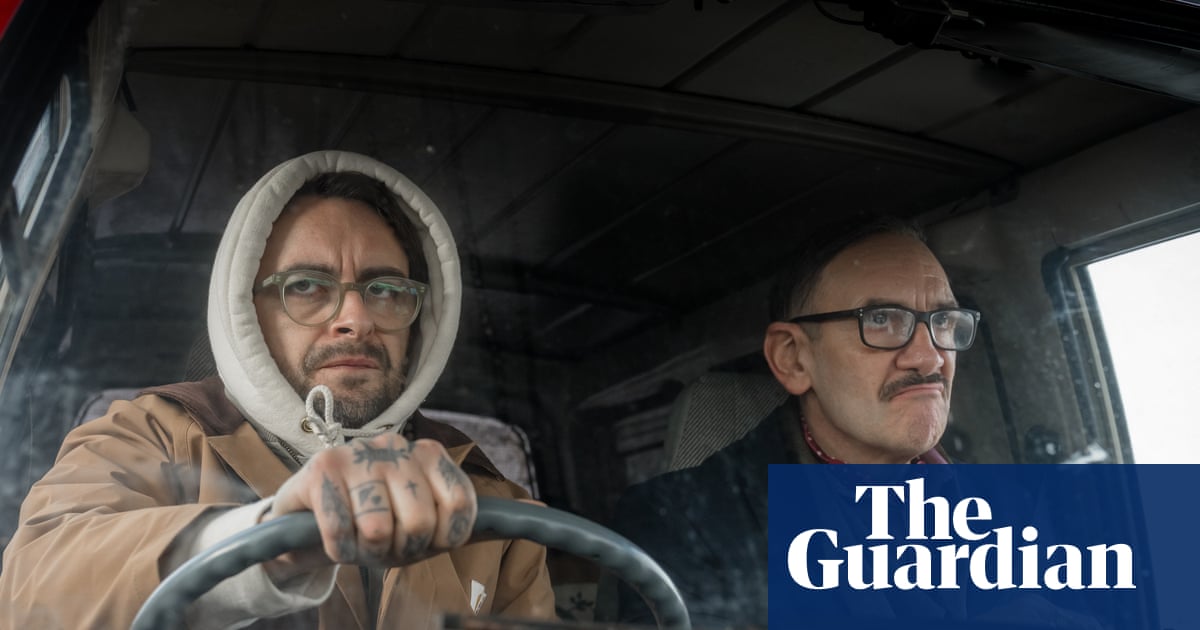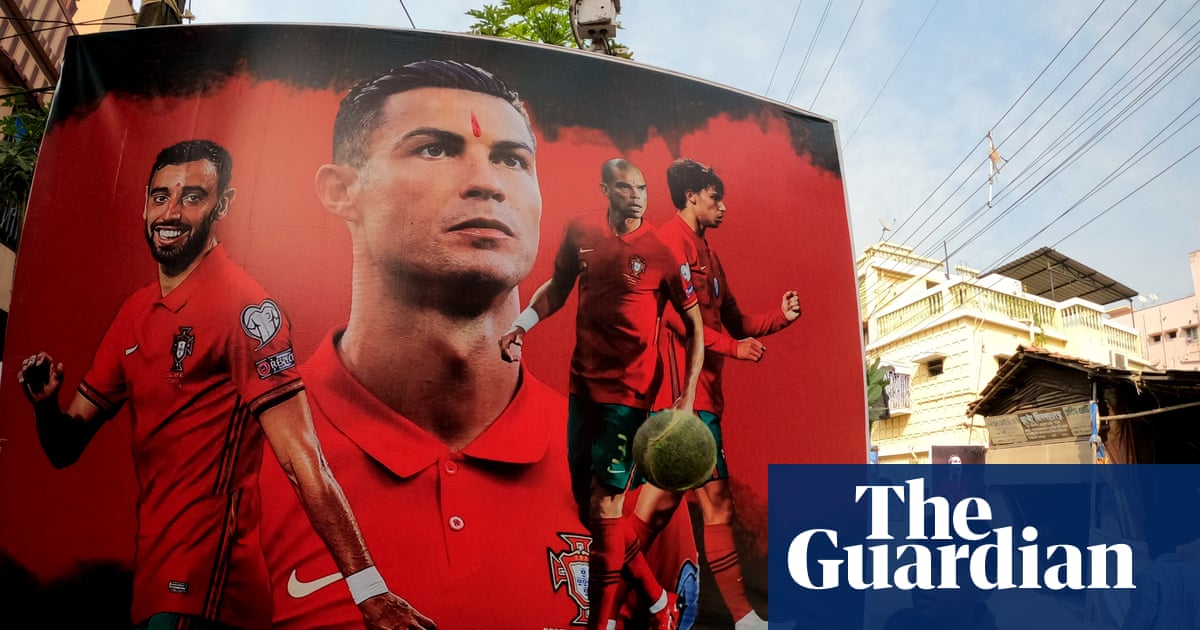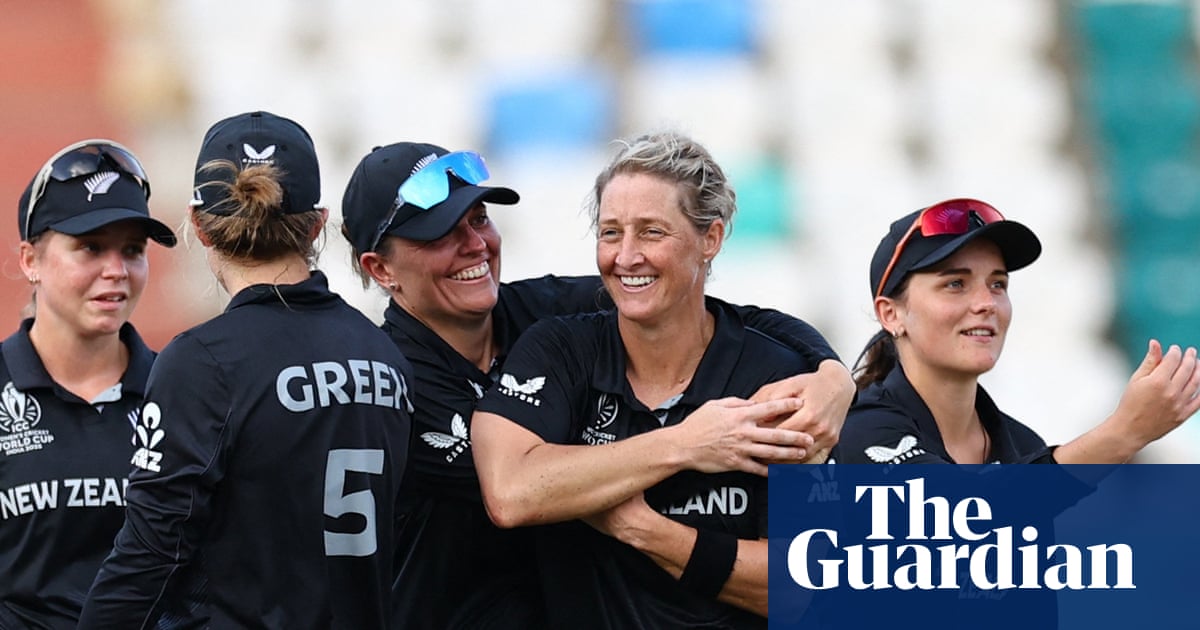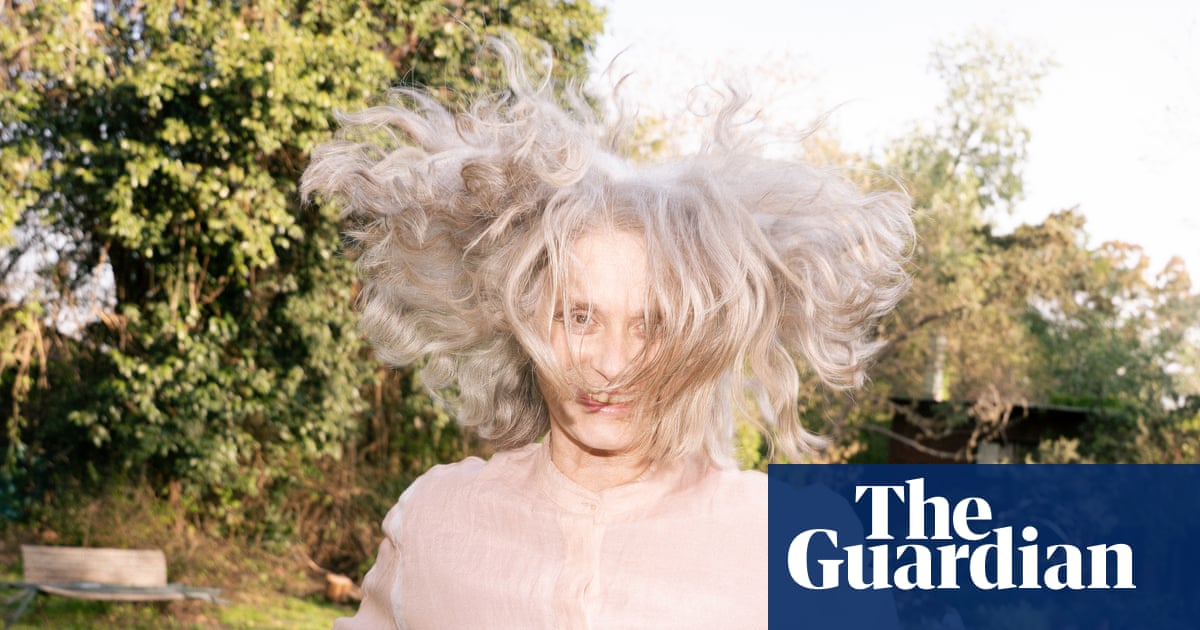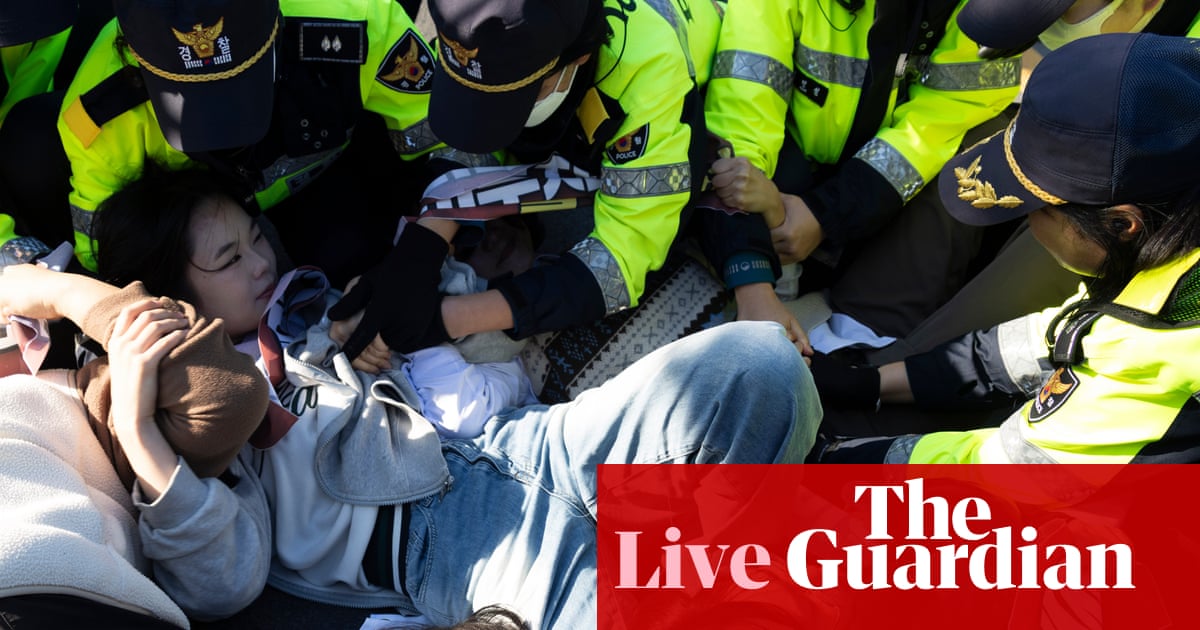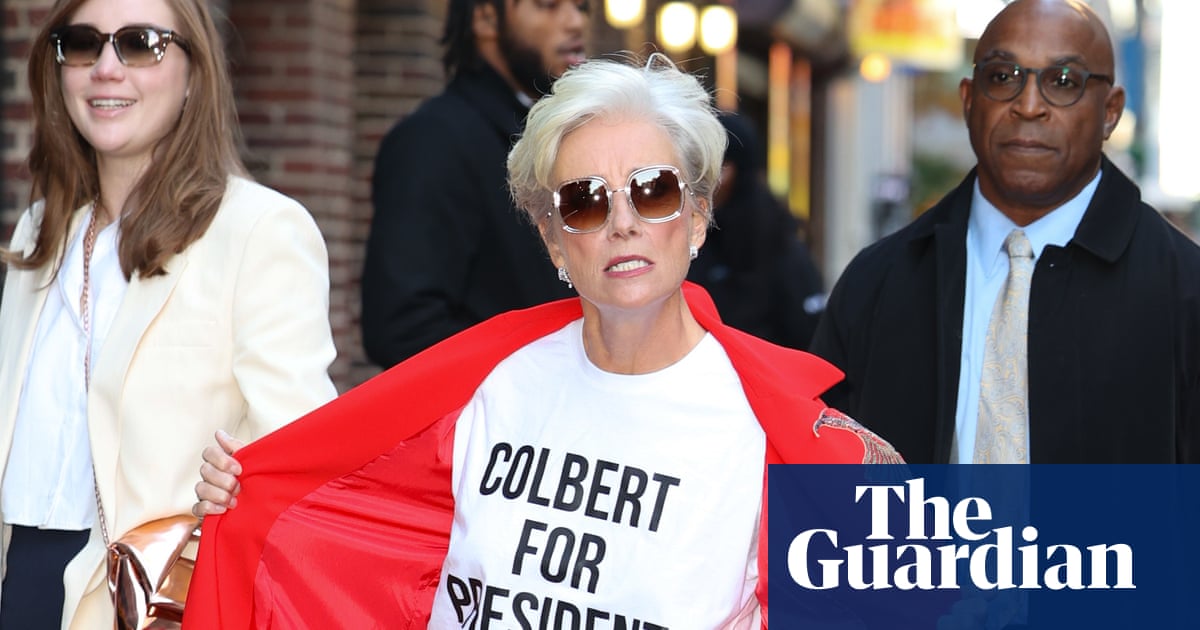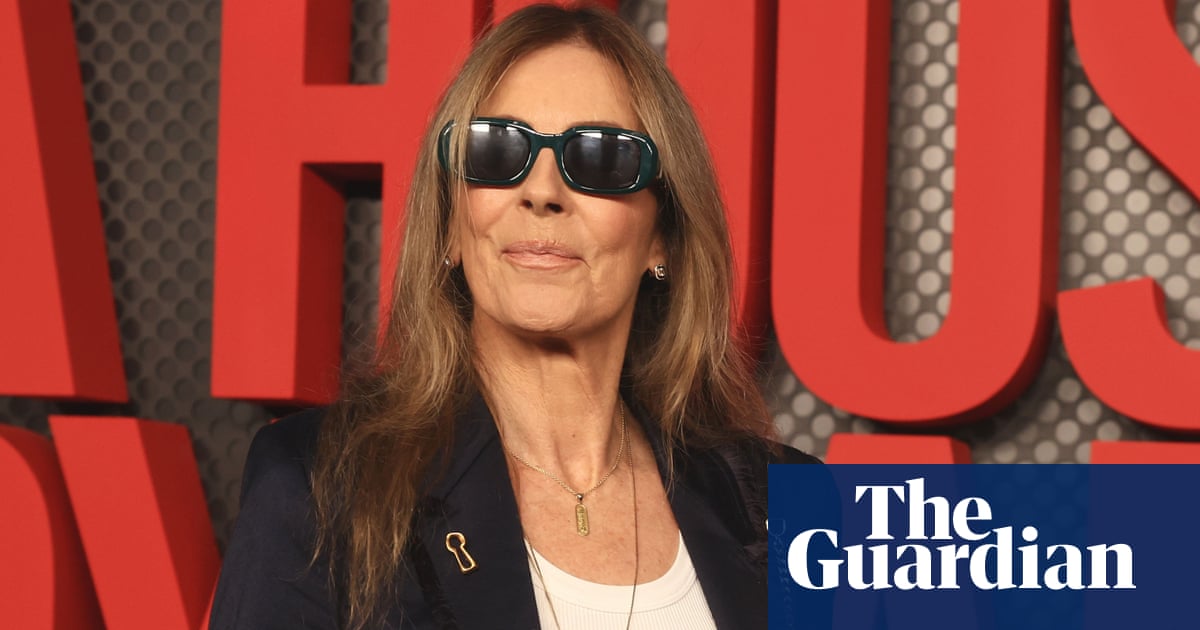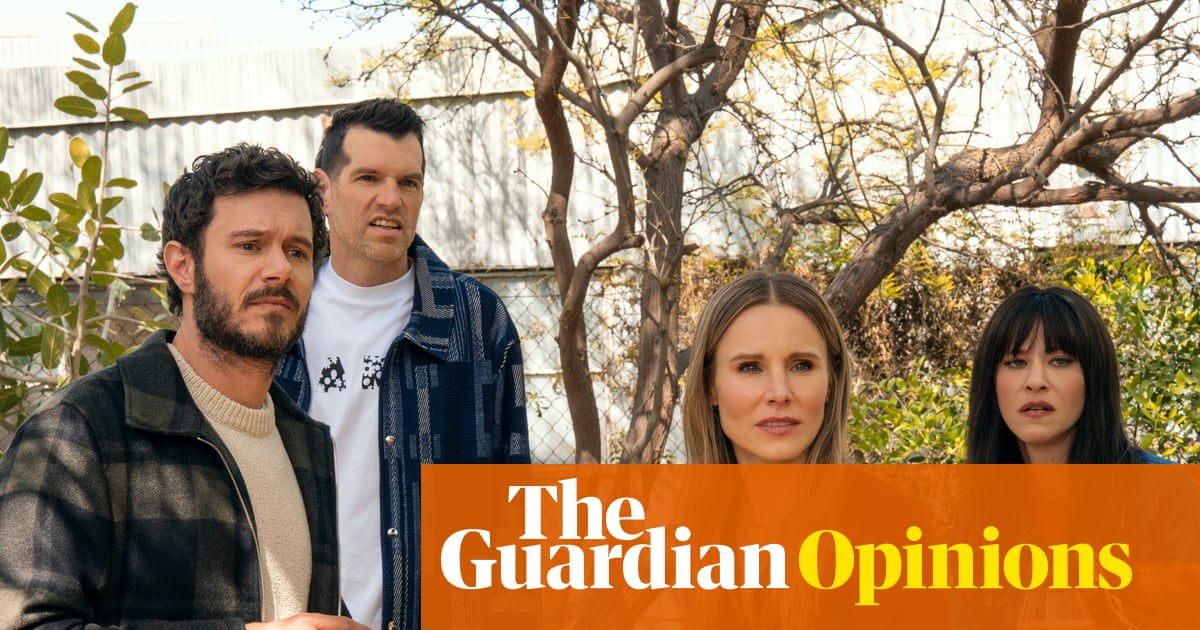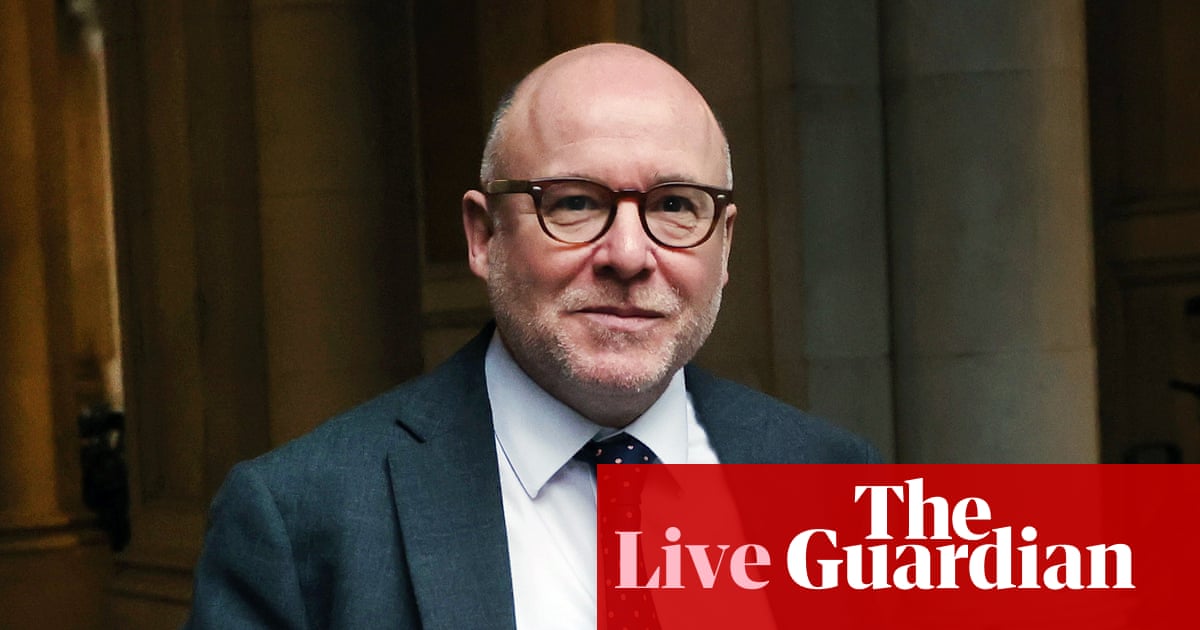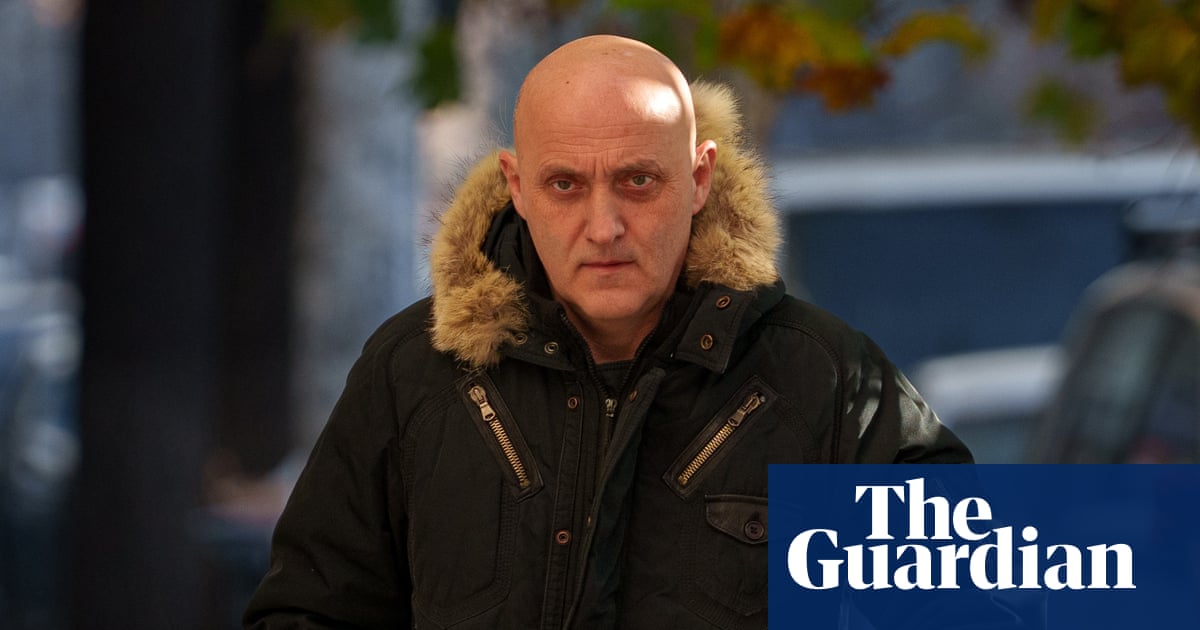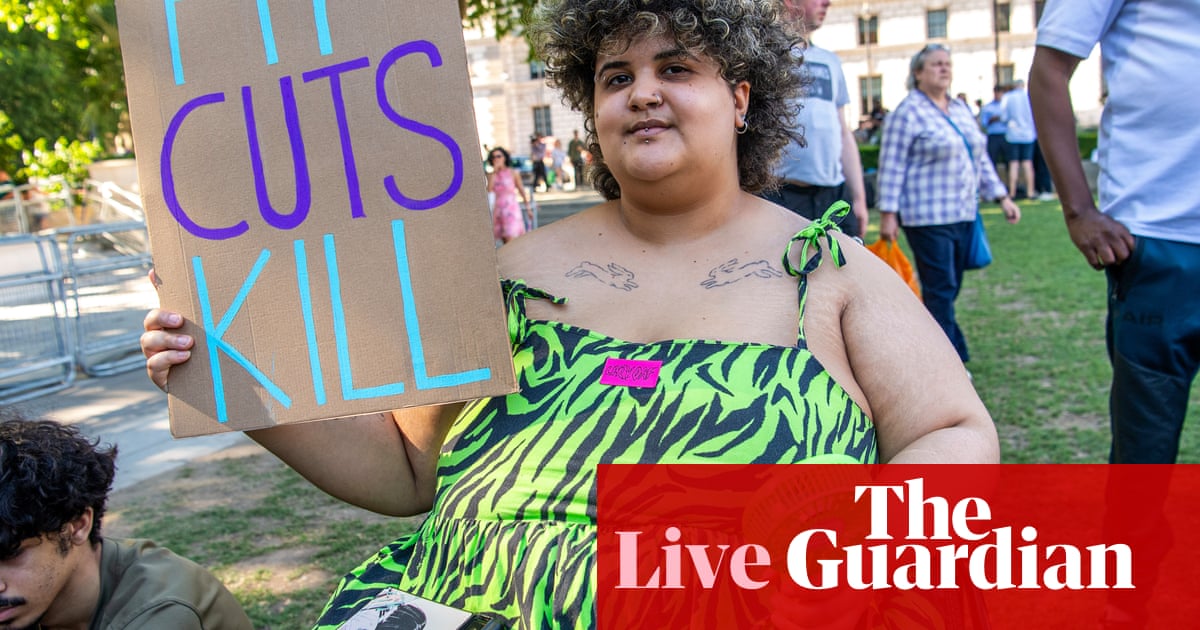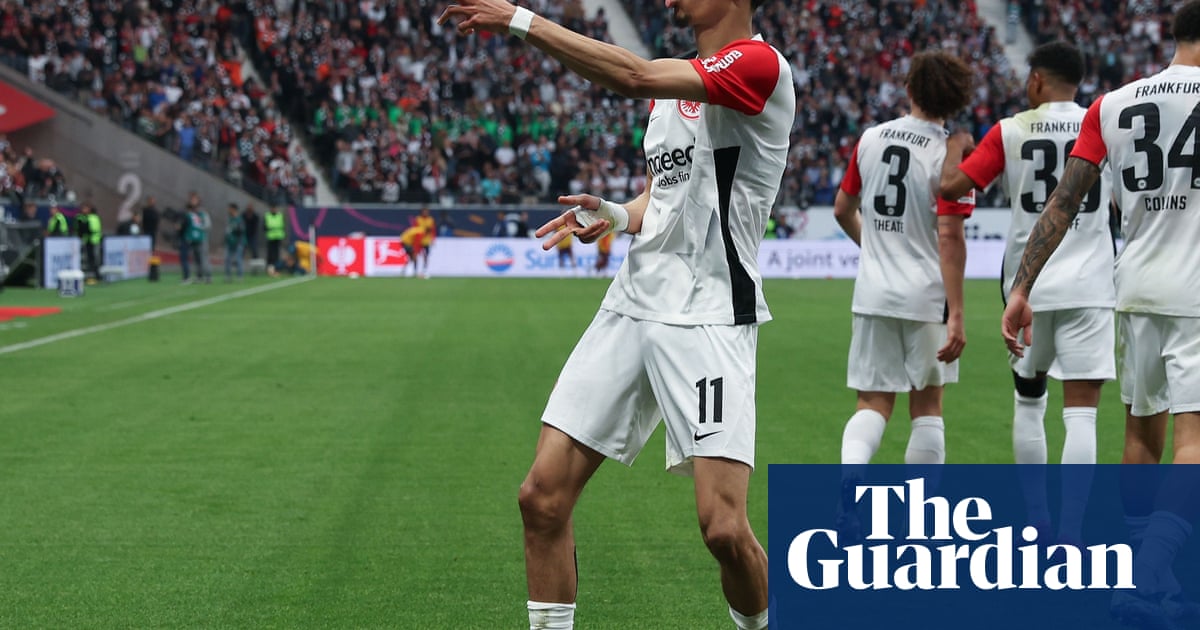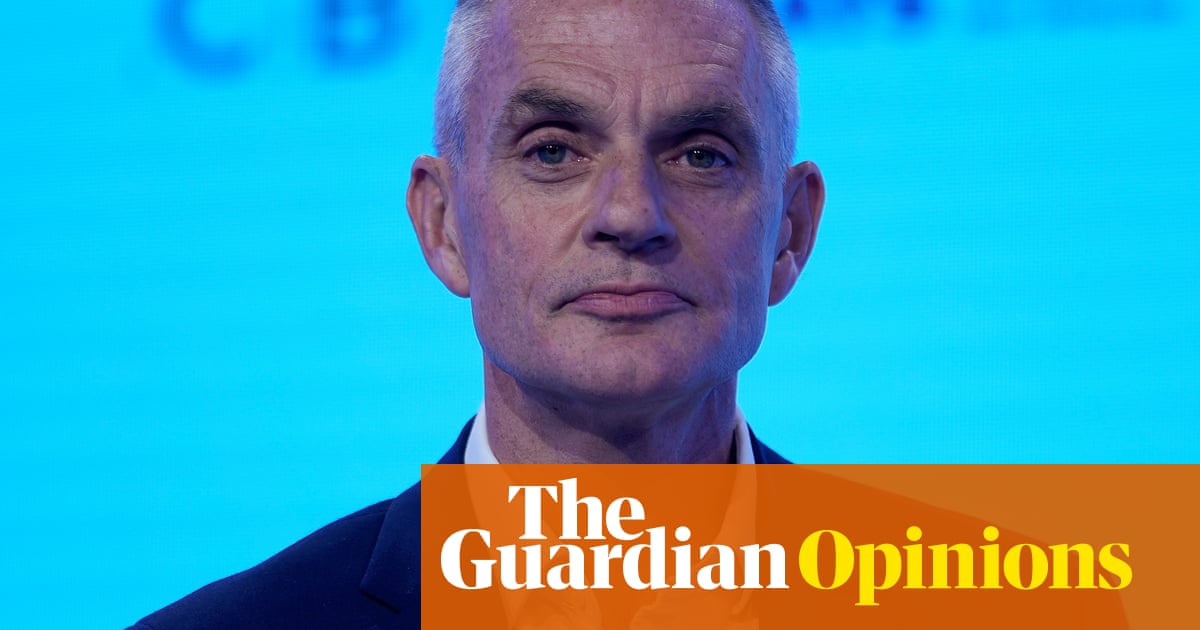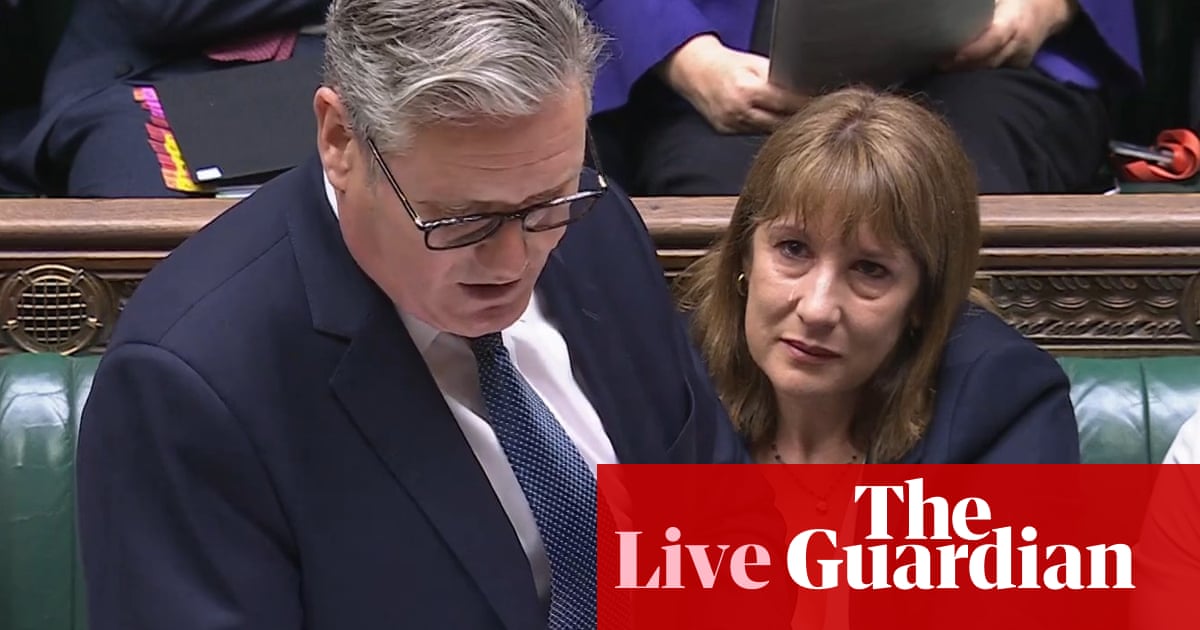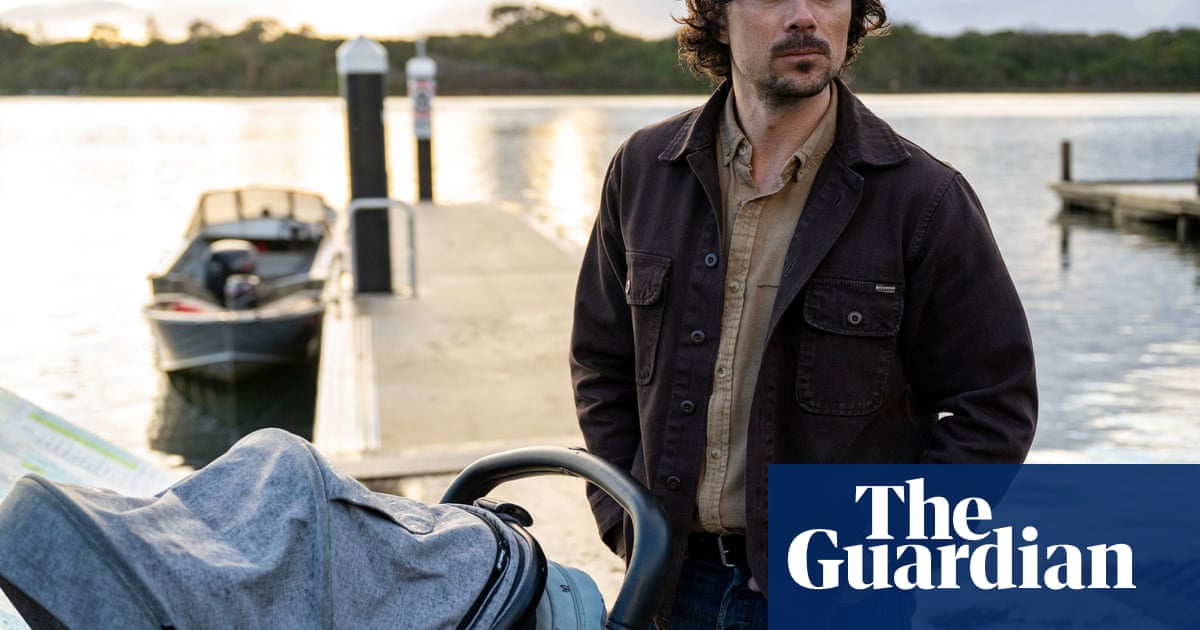I have history with Glyndebourne. Back in 1984 when I was a naive 24-year-old, I was a music copyist to make ends meet. My great friend and teacher Oliver Knussen got me work on his opera Where the Wild Things Are ahead of its premiere by Glyndebourne Touring Opera.
I decamped to Lewes and stayed up, often all night, handwriting orchestral parts with my colleagues. I learned a lot during those high-stress days. I’ve been to many performances at Glyndebourne since, and 20 years ago was in talks with the artistic team about writing a new opera, but I never found a subject that suited. A decade later, my partner Rachael Hewer started working there as an assistant director and I regularly went to stay during the summer and autumn seasons, often at Gus Christie’s house (the wonderful Glyndebourne House, which once belonged to the festival’s founders John Christie and Audrey Mildmay). I started thinking it would be fun to write an opera for all the new friends I’d met there. Then Covid struck. Rachael and I, like everyone else, needed to do something constructive with all those extra hours on our hands. We hatched a plan: to write an opera.
I know lockdown was tough for most people, but as a composer I’m used to being solitary. I always write at home, apart from short spells working with musicians and singers in concert halls and opera houses. The idea of months and months where I can’t do anything other than compose makes me happy. Sometimes though, I feel we’re in danger of forgetting what those very early days of the first Covid lockdown were like. I remember them so clearly – as we watched the daily briefings, with those numbers skyrocketing almost by the hour. We were genuinely frightened for our futures. Would life ever go back to what it was before? Would theatres ever reopen, would we ever hear an orchestra in person again? It felt like such a precarious existence, even though looking back I realise that we were in a very fortunate position.
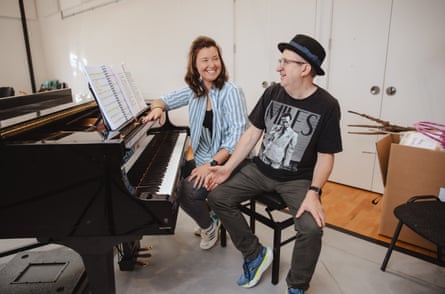
Rachael and I did have to juggle home-schooling for my kids. Rachael did most of that. They were three days with us, then three with their mum. On our three days off we furiously worked on The Railway Children. We chose it partly because it’s a beloved book by E Nesbit and an iconic film that everyone, particularly of my generation loves, but it’s also out of copyright – so we didn’t need permission.
As a book, The Railway Children is fairly episodic, so Rachael’s first task was to distil it down, otherwise we would have had a Wagnerian-length opera of six hours. We proceeded in secret. Rachael was upstairs writing a scene, which she would deliver downstairs to my study. I would get on with that (occasionally asking for small re-writes, usually condensing or simplifying). Then she would write the next and so on. It took us just over four months. Normally it can take up to two years to write a full-length opera, but the pandemic helped us there. Then we shelved it and thought, “Well that was a nice distraction.” Rachael went on to direct a film of Ravel’s L’enfant et les Sortilèges (for which she won the South Bank Sky Arts award), and I started work with Lee Hall on Festen for the Royal Ballet and Opera. We almost forgot about it.
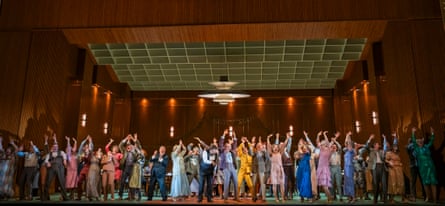
Sometime later, we had another look at it and decided it would be nice to hear it. We organised a workshop with some of our fabulous singer friends. They were sworn to secrecy. Even my publisher didn’t know. These singers did such a great job that it convinced us the opera might have a life. It needed a lot of work and we decided that the Edwardian setting required an update. You never know why the dad goes to prison, so we filled out his backstory, added a spy element and moved it to the 80s, along the way making Mum a much stronger character.
If we’re really honest, we have to admit that we only ever had the Glyndebourne stage in mind for this. Once we’d gone back to the piece almost a year later, things had started to open up again and it looked like there would be a world to go back to that might very well have space and scope for a new opera.
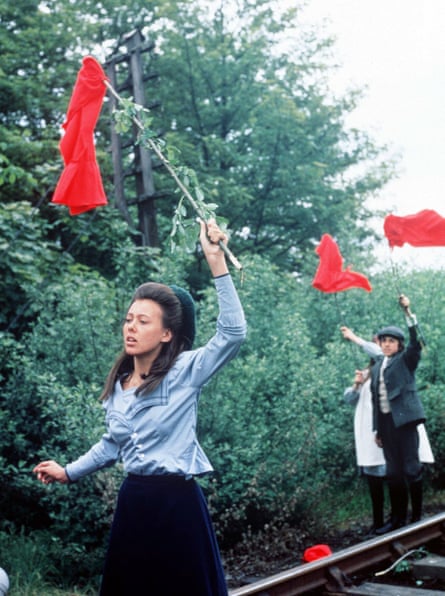
We decided to bite the bullet and sent it to the opera company’s artistic director Stephen Langridge. We got a proper copy of the whole thing printed and bound, Rachael included a fun-size Wispa bar in the package as a hint to keep it under wraps. He was in no position to commit to taking the project on at that point, so we had to sit tight and let him figure out if he was interested, and then if there was a place for the piece at Glyndebourne. We thought our chances were slim, and we were astonished when Stephen got back to us to say that Glyndebourne would stage it. It was my idea that he should direct it himself.
Even after seeing the incredible stage designs by Nicky Shaw in model-form, I still couldn’t believe it was happening. Then news of the production appeared on the website, and people started buying tickets, and here we are in the middle of rehearsals, about to see the action on stage for the first time. I know it’s here in front of me, and I’m well aware of the hard work and determination that has gone into making this a reality, but there is still a big part of me that looks back to how and when it was created, and how different the world was then, and how far we have come since, and at the same time how much we have left behind.

.png) 4 hours ago
6
4 hours ago
6
